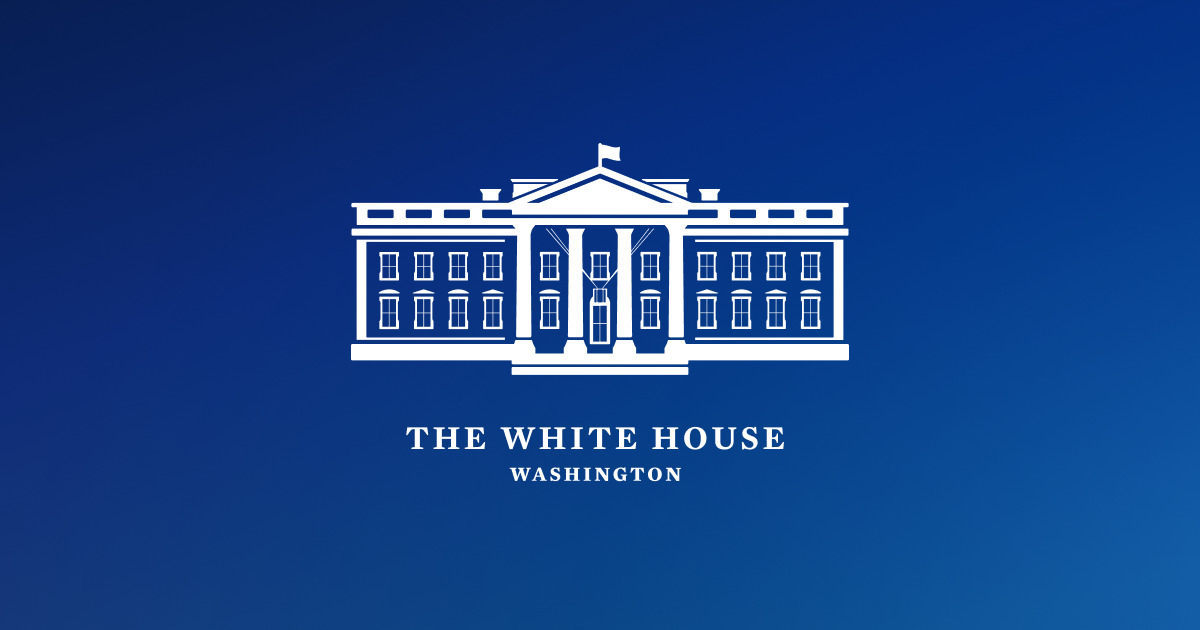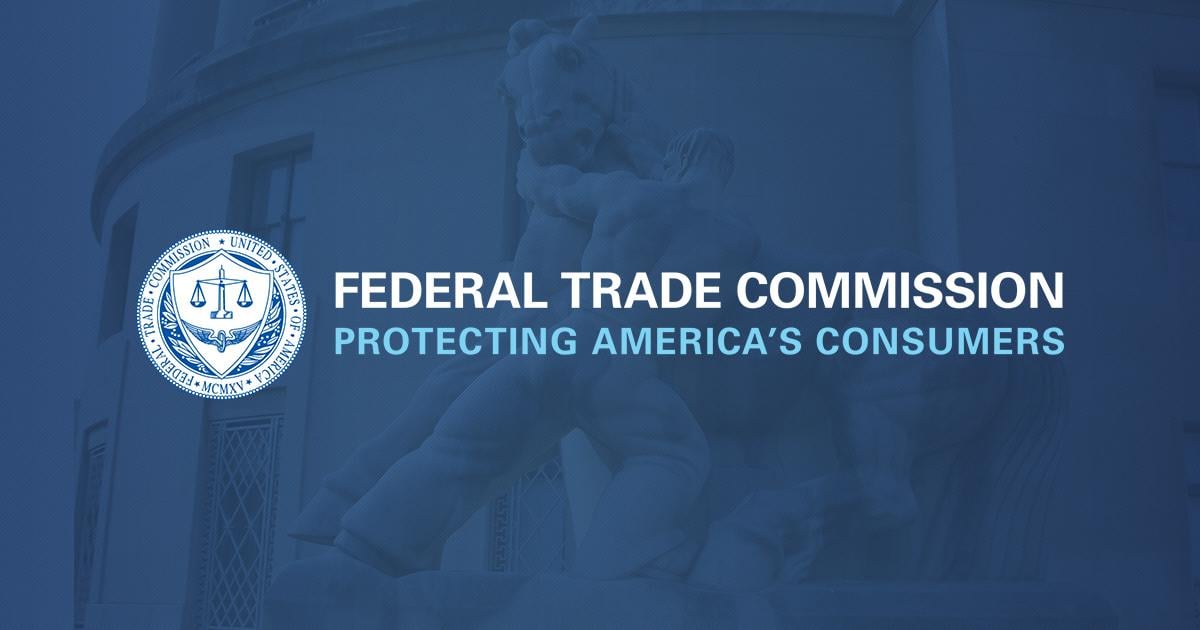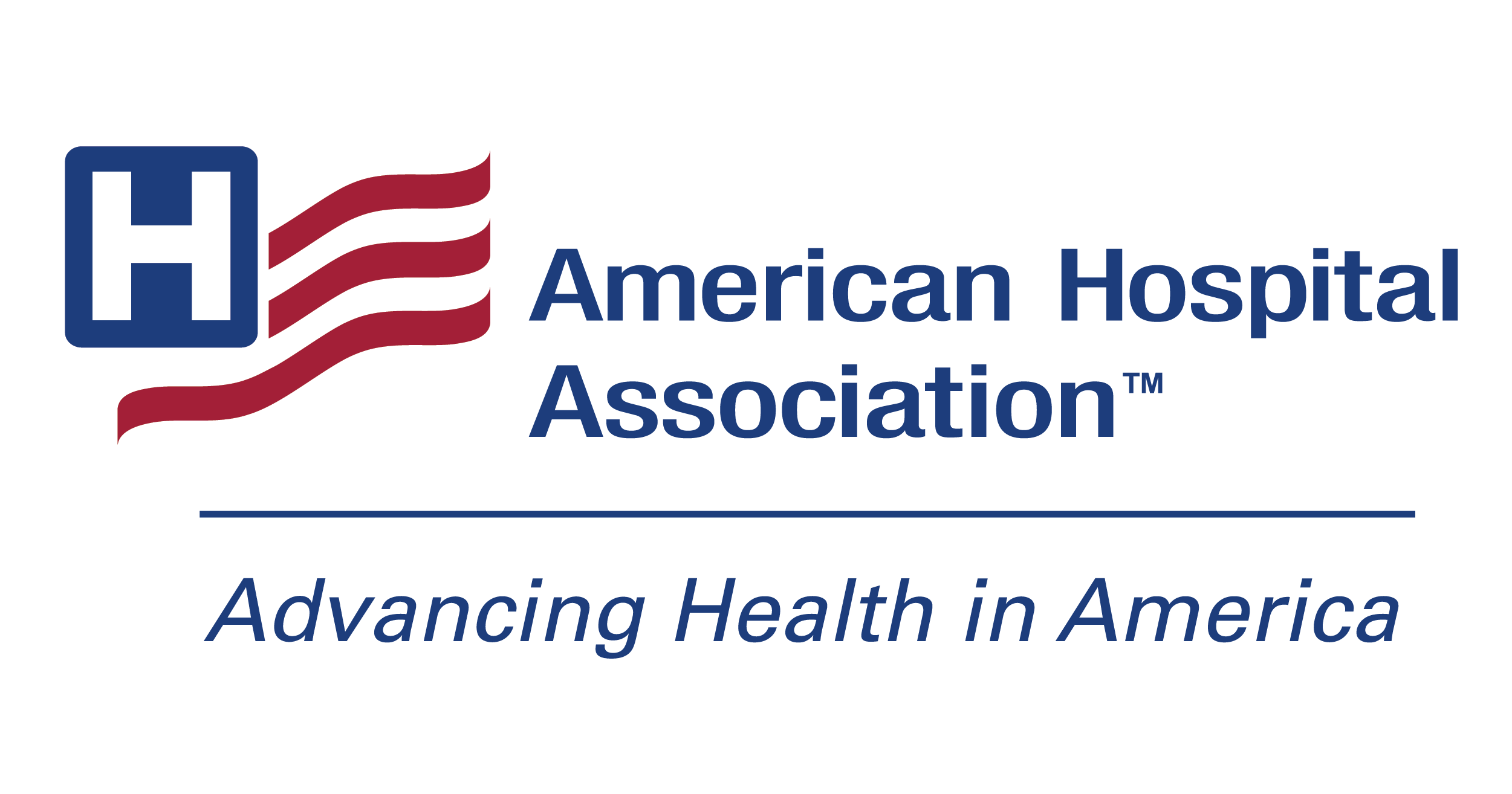D
deleted643396
I was going to post this in the other thread where this topic was brought up, but I felt that it warranted it’s own discussion.

 www.whitehouse.gov
www.whitehouse.gov
So regarding the executive action on non-competes, the language is as follows:
“Encourages the FTC to ban or limit non-compete agreements.”
So functionally, how does this play out? Many people still have non-competes in their contract. Does the power of them disappear? I still think employers will try to enforce them. Is it up to the employee to file a complaint with the FTC? Will the FTC be inundated with thousands of non-compete cases to look at? Will judges just throw out these cases now?
Most non-competes that affect us are probably not enforceable, but the very threat of having to hire a lawyer and deal with them in court is enough to discourage most from fighting them. Does this change that? Count me as hopeful, but skeptical that this actually changes anything.

FACT SHEET: Executive Order on Promoting Competition in the American Economy | The White House
The economy is booming under President Biden’s leadership. The economy has gained more than three million jobs since the President took office—the most
So regarding the executive action on non-competes, the language is as follows:
“Encourages the FTC to ban or limit non-compete agreements.”
So functionally, how does this play out? Many people still have non-competes in their contract. Does the power of them disappear? I still think employers will try to enforce them. Is it up to the employee to file a complaint with the FTC? Will the FTC be inundated with thousands of non-compete cases to look at? Will judges just throw out these cases now?
Most non-competes that affect us are probably not enforceable, but the very threat of having to hire a lawyer and deal with them in court is enough to discourage most from fighting them. Does this change that? Count me as hopeful, but skeptical that this actually changes anything.





